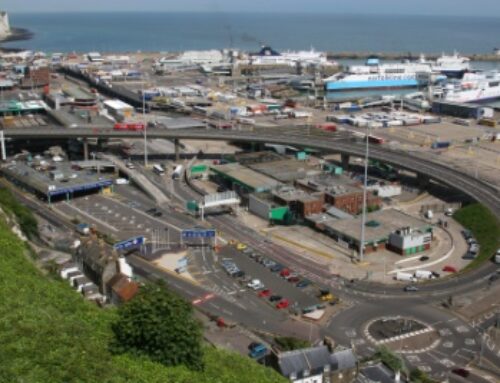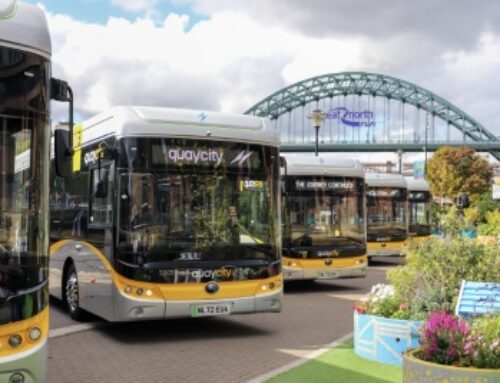Irish government urged to scrap fuel duty for hauliers
The Irish government could save up to €750 million a year by scrapping the process of adding tell-tale green dye to duty-free diesel – and giving hauliers and coach operators, along with agricultural and industrial users, a fuel rebate instead – according to a ‘social justice’ group in the country.
In the Irish Republic, the government spends €600 million a year dying 1.25 billion litres of fuel green to separate rebated diesel used for agricultural or industrial purposes from road fuel. It also loses around €150 million a year to fuel laundering, where criminals remove the green dye so the diesel can be passed off as road fuel.
Social Justice Ireland said ending this process and introducing a rebate system for farmers, coach operators and, crucially, road hauliers, would allow the government to redirect spending to job creation, boosting domestic demand and developing infrastructure.
SJI director Sean Healy said continuing to pay €600 million to the oil companies for the dyeing process was wasteful and needed to be addressed.
“Why is it that we don’t go through costings and decide what is worth changing when these kinds of payments are continuing?” Healy said.
“Why does that make sense to the government when it doesn’t make sense to ensure that welfare rates rise a bit or that people who are long-term unemployed be given the option of a part-time job?”
A joint parliamentary committee on transport confirmed the €600 million cost in a report on the country’s road haulage industry published last October. The report stated that provisions of Irish law within the Mineral Oil Tax Regulations 2001 state that a blue dye must be added to some diesel, which turns it green.
Some criminals have discovered that mixing this with British rebated diesel, which is red, produces a fuel that looks more like standard diesel.
But Social Justice Ireland, in its annual package of proposals for an alternative budget, proposed an end to the process, which is carried out by the oil companies, but paid for by the state.
It suggested a rebate system be introduced in its place, which would cost the state €48 million euro in payments to farmers, €4 million to coach operators and €70 million euro to road hauliers.
The remaining savings of €628 million could be invested in “productive activities”, it said.











